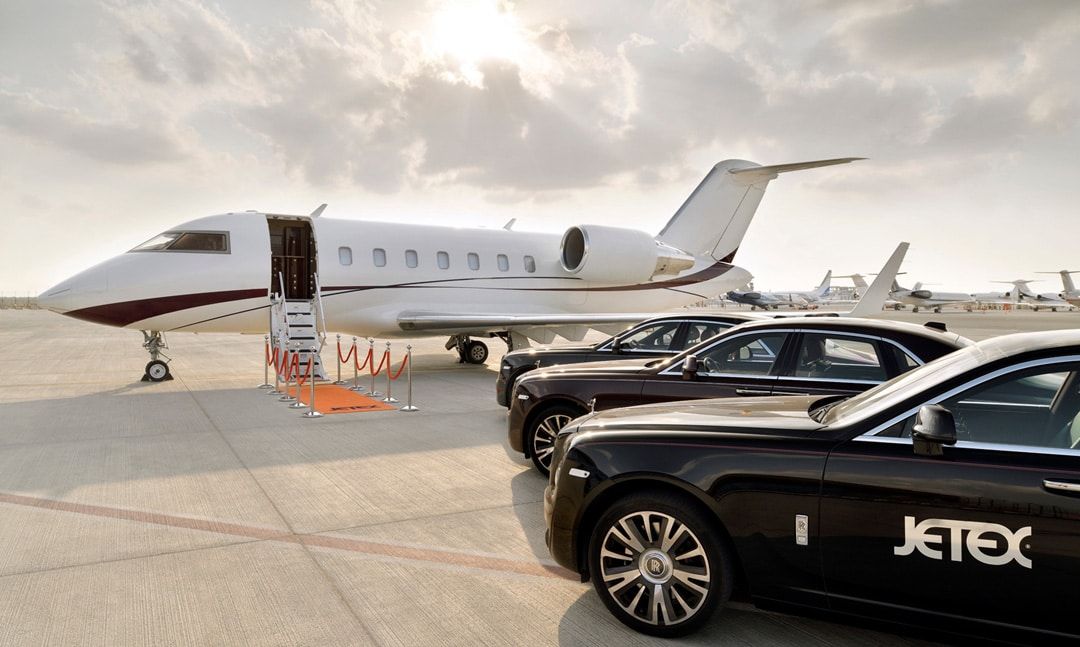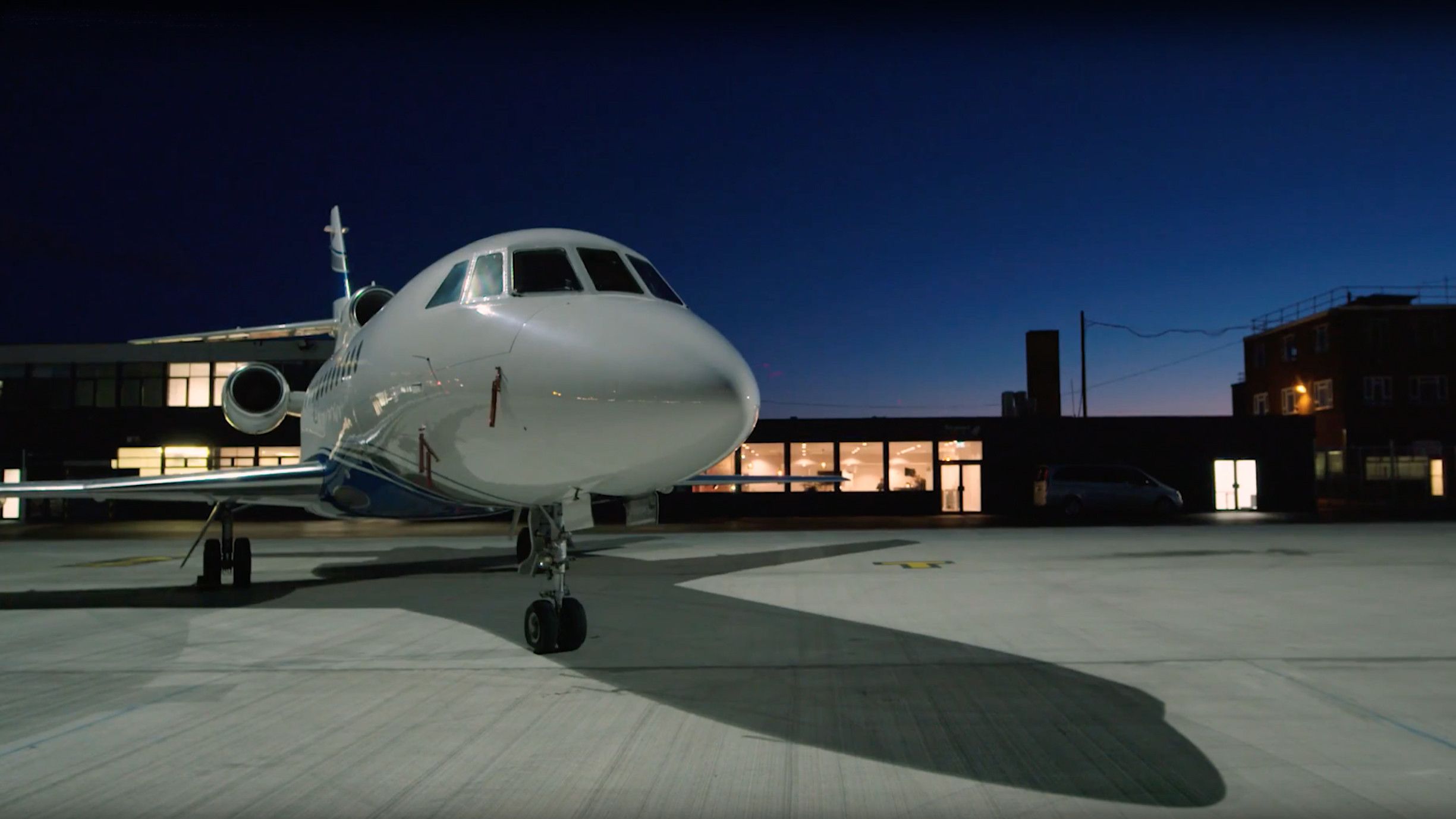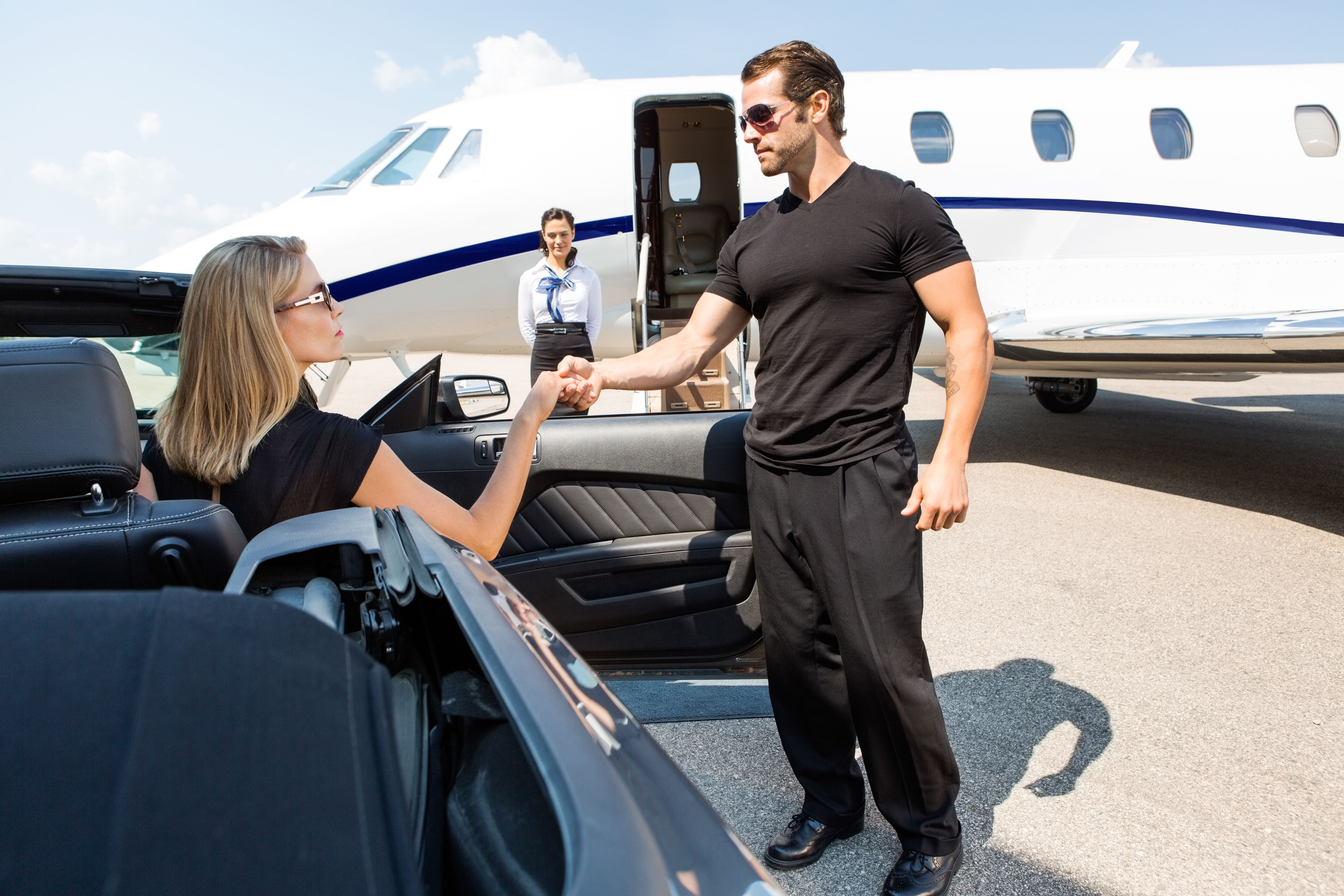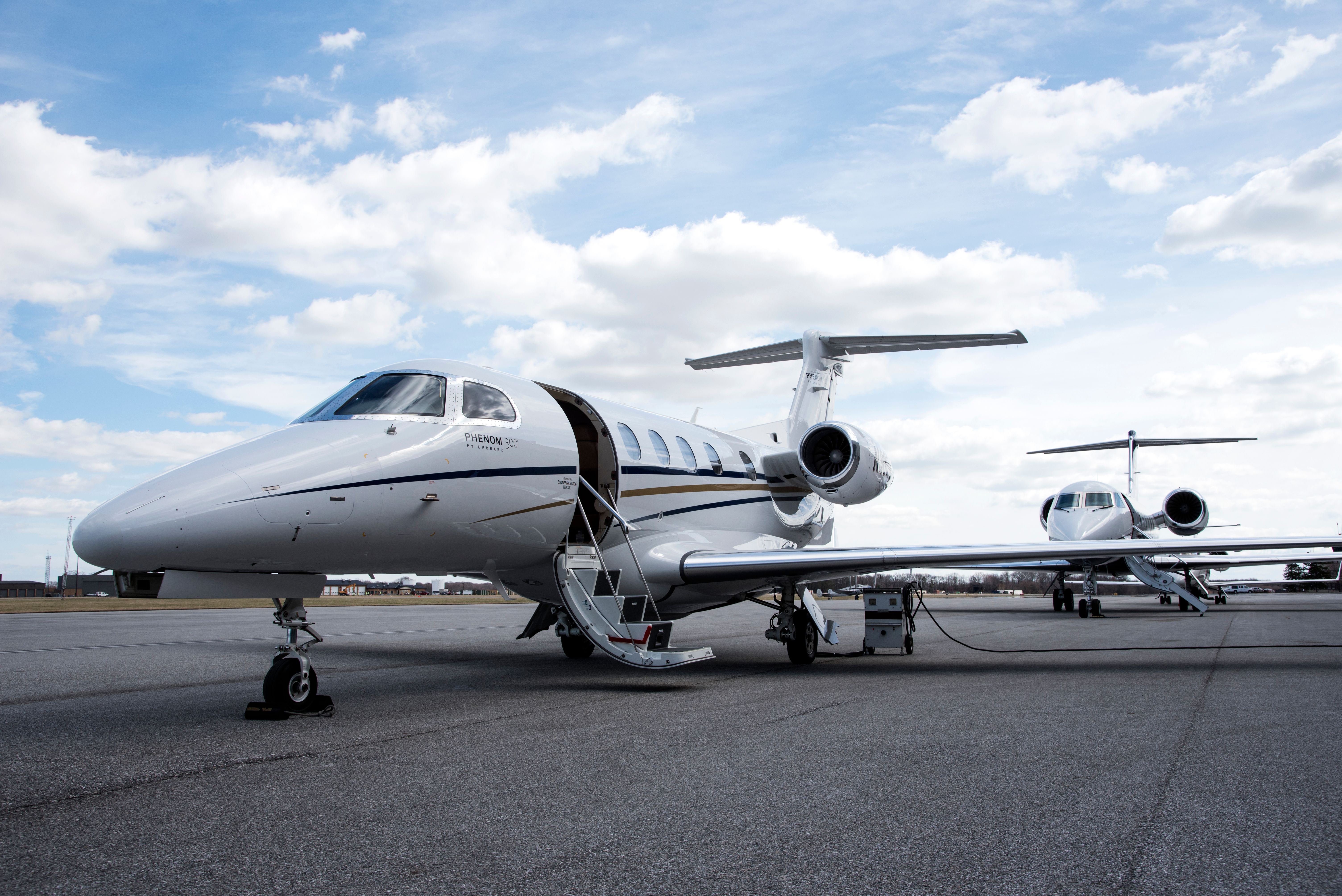Flying on private jets is undoubtedly one of the most exclusive methods of air travel. At the same time, it is also one of the most expensive forms of traveling available. Passengers with sufficient finances and significant statuses wouldn't mind splurging for that added hint of luxury, privacy, and alleviated stress compared to regular commercial air travel.
Given these enhanced benefits, it's typically assumed that private jet passengers are often subjected to less stringent security procedures than commercial passengers. Some have made equally bold claims that security checks are completely bypassed since private jet passengers have paid such an inflated price.
Treated nearly the same, but different
As it turns out, industry changes made in the aftermath of the 9/11 attacks ensure that no air passengers can bypass security checks altogether. The Intelligence Reform and Terrorism Prevention Act of 2004 explains that private jet passengers are subjected to various screening procedures.
There is still some truth to the assumptions, as private jet passengers may experience less stringent security procedures, depending on the situation. In some perspectives, they are treated nearly the same as commercial passengers, but the process may look slightly different. Here's how.
Passenger screening
Considering how private jet passengers typically have their luxury aircraft at remote terminals - also known as fixed-base operators (FBO) - it's a given that security queues experienced at such isolated facilities are much shorter than the lines in commercial airports. In most cases, private jet passengers can turn up at the FBO and get screened by either the pilots or private security officers right before boarding the aircraft.
This means that the time taken from arrival at the FBO to boarding can be between 5 to 20 minutes at maximum, and passengers need not remove their shoes or remove items from their pockets. The quick process is because private jet passengers typically have their identifications and documentation verified before arriving at the FBO, so all that's left is making their presence known and boarding the flight.
Want answers to more key questions in aviation? Check out the rest of our guides here!
Baggage screening
Similarly, baggage screening also works quite differently for private jet passengers. Although their bags might be screened through X-ray machines, it's primarily carried out by private security officers and often done randomly, as the officers only keep the right to inspect but are not required to. Even if travel takes place over international waters, baggage screening for private jet passengers may be optional.
Additionally, the only baggage restriction for private jet passengers is that the allowance depends on the size of the aircraft and the total number of passengers onboard. Otherwise, there is no need for private jet passengers to stress over having to pack travel-sized liquids or restrict the number and weight of their baggage, or if they can carry their pets or firearms onboard.
It's not really about the luxury
But do private jet passengers enjoy such differentiated security processes because of the money paid and the luxurious nature of exclusive air travel? Not necessarily, as while it is true that private air travel is for the elite class of society, the relaxed security measures are primarily because of how small of a representation these people are compared to the general population.
In other words, private jets typically carry far fewer passengers than commercial aircraft. Even if private jet passengers flew in the same aircraft as their family, friends, or business colleagues - the numbers are still significantly lower compared to the number of passengers flying commercially, and it's not typical for lots of strangers to meet on a private jet since, presumably, everybody knows each other.
This is why, from a security perspective, private jets provide a more controlled environment where the risk of passengers posing a threat or endangering others is much lower compared to the atmosphere within a commercial aircraft. Albeit, it's worth noting that such a risk assessment only applies to private jets with less than 61 seats; otherwise, they would be subjected to the exact screening requirements as commercial flights.
Have you ever flown on a private aircraft before? Share your experience with us in the comments below!




